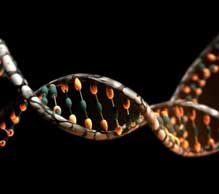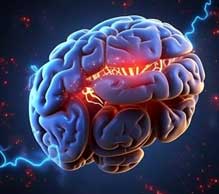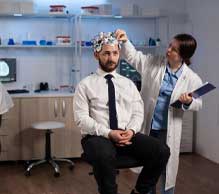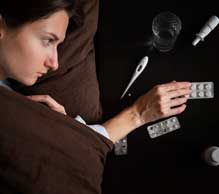OCD obsessions tend to revolve around themes like contamination, doubts, order/symmetry, unacceptable thoughts, or harm. For example, an obsessive thought could be an exaggerated fear of germs or an irrational concern about having accidentally hurt someone. The compulsive rituals can be overt behavioural acts like excessive hand washing, counting, checking locks, or repeatedly organizing items. Compulsions can also be mental acts like praying, repeating phrases, or fixating on numbers.
While OCD symptoms typically start emerging in childhood or early adolescence, peak prevalence occurs between the ages of 10 and 12 years old. Estimates indicate OCD afflicts 1-2% of adults and up to 4% of adolescents and children. Studies reveal OCD has a neurobiological basis and runs in families, suggesting a genetic component. Brain imaging shows differences in regions like the frontal cortex and basal ganglia, which regulate planning, motivation, and inhibition.
Symptoms of OCD
OCD has two primary symptoms – obsessions and compulsions. Obsessions are persistent, unwanted, intrusive thoughts or images that trigger intensely distressing feelings and anxiety. Common obsessions centre on themes like
Contamination
Doubting
Order
Aggressive thoughts
Sexual
Excessive cleaning, handwashing, showering
Checking locks, appliances, and electronics excessively
Repeating, ordering, and arranging things until it “feels right”
Seeking constant reassurance for doubts
Avoiding triggers
Mental rituals like counting, praying, repeating phrases
Causes of OCD
While the exact causes are unclear, contributing factors include:

Genetics
OCD runs in families, suggesting a hereditary component.

Brain Structure
Differences are seen in regions like the basal ganglia.

Neurochemistry
Disruptions in serotonin play a role in OCD.

Risk Factors
Childhood trauma, infections, and stress increase risk.
Treatments for OCD
Proven treatments for OCD include:

Cognitive Behavioural Therapy
Helps modify thoughts and behaviours.

Exposure and Response Prevention
Helps the subject gradually face fears and dispense with elaborate compulsive rituals.

SSRIs or Antidepressants
Help correct serotonin imbalance.

Mindfulness-Based Therapy
Reduces OCD anxiety.

Support Groups
Help cope with OCD challenges.
